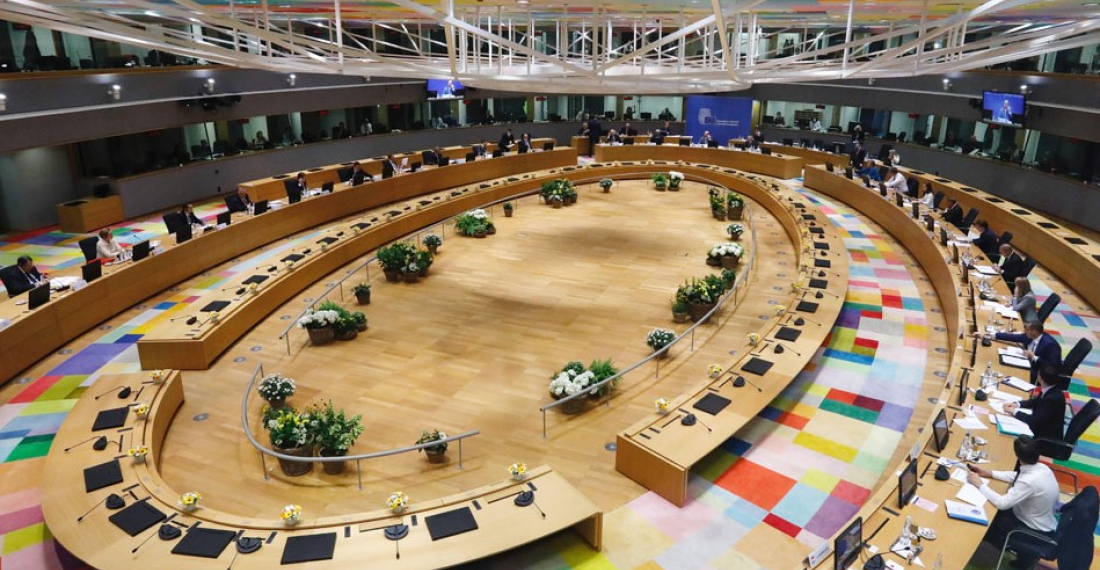By EU standards it was swift and strong. The united European response to the brazen Belarusian snatching of an opposition figure from a commercial airplane of a European airline flying between two European capitals came only within a day of the incident.
On Sunday, Belarus ordered a civilian Ryanair plane flying from Athens to Vilnius to land in Minsk citing a bomb threat. Belarusian military aircraft buzzed the plane in case the pilot decided not to comply. On the ground several passengers, including one known critic of the regime of Alexandre Lukashenko were taken off the plane and arrested. Governments and public opinion across the world were outraged. The condemnation within the EU was swift and universal.
read more: Editorial On Belarus the EU must now act quickly and decisively
By Monday, EU leaders attending a scheduled summit in Brussels had agreed to turn the words into action: they demanded the immediate release of Raman Pratasevich and Sofia Sapega and that their freedom of movement be guaranteed; they called on the International Civil Aviation Organization to urgently investigate this unprecedented and unacceptable incident; they decided to start the process of implementing targeted sanctions, including further economic sanctions; and they started the process of isolating Belarus from the world of aviation calling on all EU-based carriers to avoid overflight of Belarus and launching measures to ban overflight of EU airspace by Belarusian airlines and prevent access to EU airports of flights operated by such airlines.
Nothing dramatic will happen overnight as a result, but make no mistake about it, this was the opening shot of what is likely to be a long and messy war of attrition against Belarus that may last for years. Like a big elephant the European Union is a strong international player, but moves rather awkwardly. But on Belarus now, the EU's mind is set. The process will start and will be sustained.
The impact on Belarus will, despite all of Lukashenko's bravado, be severe. It will not be fatal for one simple reason: Russia does not want Belarus to drift towards the west. They will therefore always throw a lifeline to Lukashenko - at least until they can find a reliable substitute. But the relationship between Moscow and Minsk will not get any better as a result of this crisis. Belarus, increasingly isolated will become even more dependant on Russia than has been the case so far. Moscow on its part is trying to manage an already complicated situation with the west. This latest drama may or may not have been part of Putin's script, but even if it was, may have already escalated more than anticipated.
For the moment, Raman Pratasevich remains in a Belarus prison. A televised confession released by the Belarus authorities on Monday, shows clearly it was done under duress. His abduction may however be a game-changer for Belarus. But it will take time.
source: This is a commentary prepared by the editorial team of commonspace.eu
photo: The leaders of the 27 member states of the EU meeting at a European Council meeting in Brussels on 24 May 2021
The views expressed in opinion pieces and commentaries do not necessarily reflect the position of commonspace.eu or its partners






